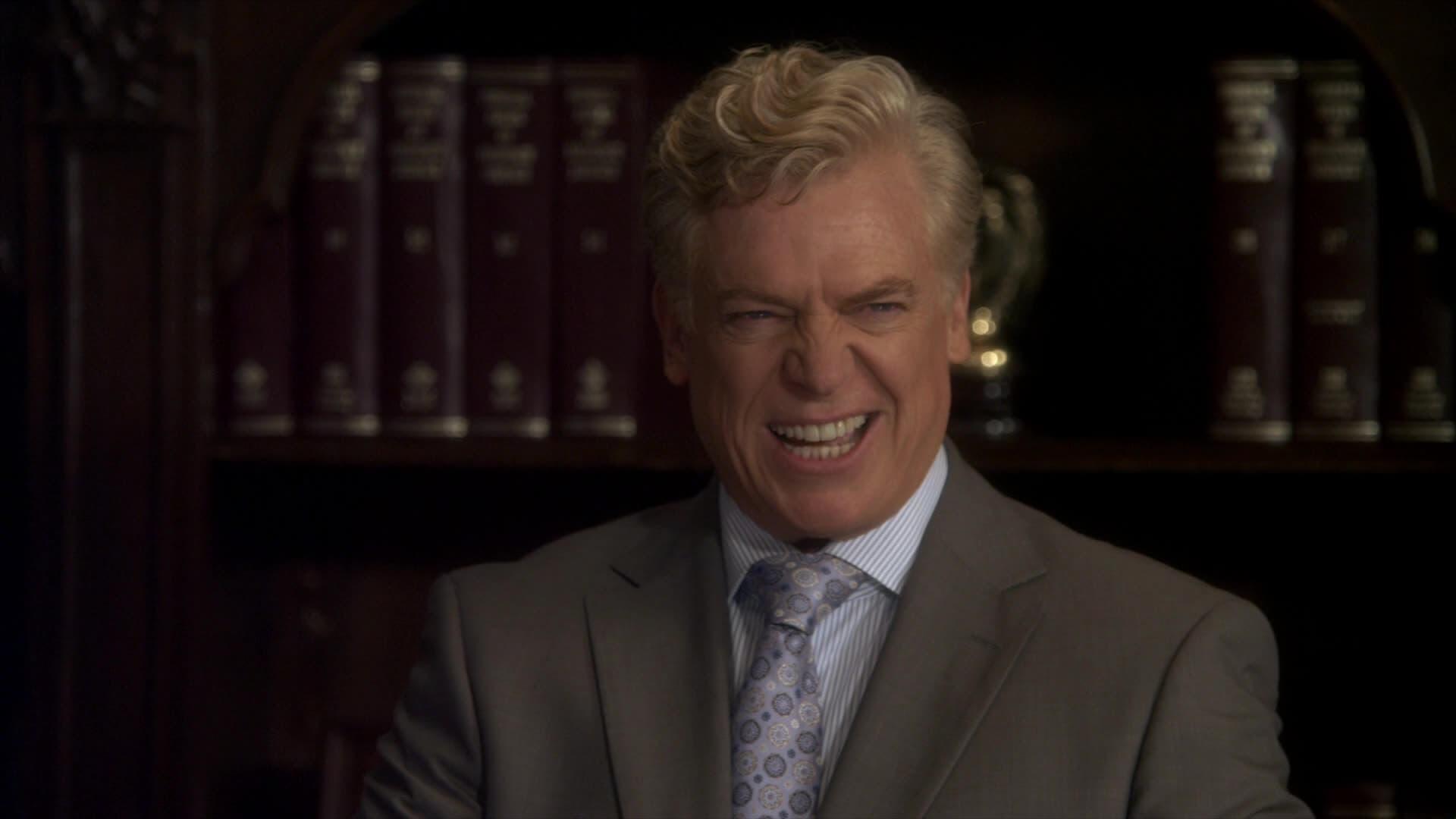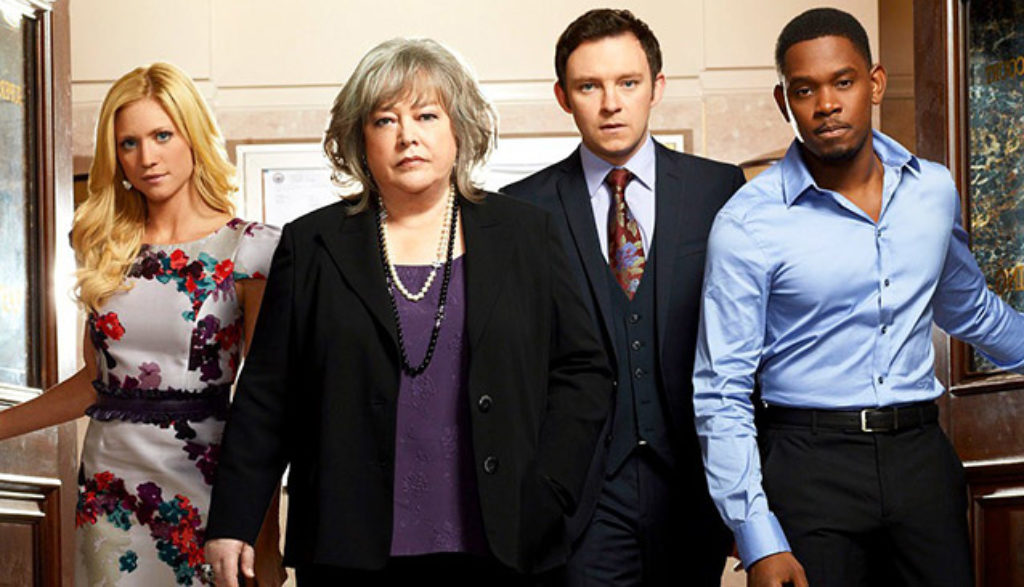In the arena of television, few shows have dared to venture into as many controversial topics as "Harry's Law." Created by the acclaimed David E. Kelley, this series, which starred the immensely talented Kathy Bates as Harriet "Harry" Korn, a cynical patent lawyer turned criminal defense attorney, took a fearless approach to exploring societal debates. From drug legalization to the right to die, "Harry's Law" never shied away from the hard conversations, instead, it invited its audience to reexamine their own beliefs and prejudices.

The series was set in a rundown shoe store turned law office in Cincinnati, Ohio, a setting that itself symbolizes the down-to-earth, pragmatic approach the show took towards challenging legal and ethical issues. Harry's Law TV series synopsis Harry's team comprised a quirky group of individuals, each bringing their unique perspective to the table, thus enriching the discourse on the show.
Harry's Law DVD One of the most memorable aspects of "Harry's Law" was its willingness to tackle issues often considered taboo or too politically charged for mainstream television. For instance, the show bravely explored topics such as police bias against minorities, the impact of mandatory minimum sentences, and the flaws within the education system. Through its engaging storylines, "Harry's Law" provided a platform for voices often marginalized or ignored by society.

Perhaps one of the show's most unique qualities was its use of its central character, Harry, as a moral compass, albeit an unconventional one. Through her, the series posed difficult questions about justice, equity, and compassion. Her straightforward demeanor and sharp wit were not just sources of comic relief but also key to unveiling the absurdities and injustices present within the legal system and society at large.

The episode dealing with the right to die stands as a prime example of how "Harry's Law" approached divisive subjects with sensitivity and depth. It confronted viewers to contemplate the complexities of individual autonomy, the sanctity of life, and the ethics surrounding end-of-life care. Such topics, often avoided in polite conversation, were brought to the forefront, prompting discussions and reflections among viewers.
Moreover, "Harry's Law" was noteworthy for its delineation of the gray areas within the law. Life's messiness and the imperfections of the justice system were not presented in black and white but acknowledged with a sense of realism and humor. This approach captured the audience, making them participants in the unfolding drama and the ethical quandaries presented.
In essence, "Harry's Law" extended an invitation to its viewers to engage with, rather than retreat from, the complexities of modern life. It held up a mirror to society's most polarizing issues, not to pass judgment, but to spark debate and introspection. By doing so, it underscored the power of television as a medium not just for entertainment, but for education and enlightenment.
